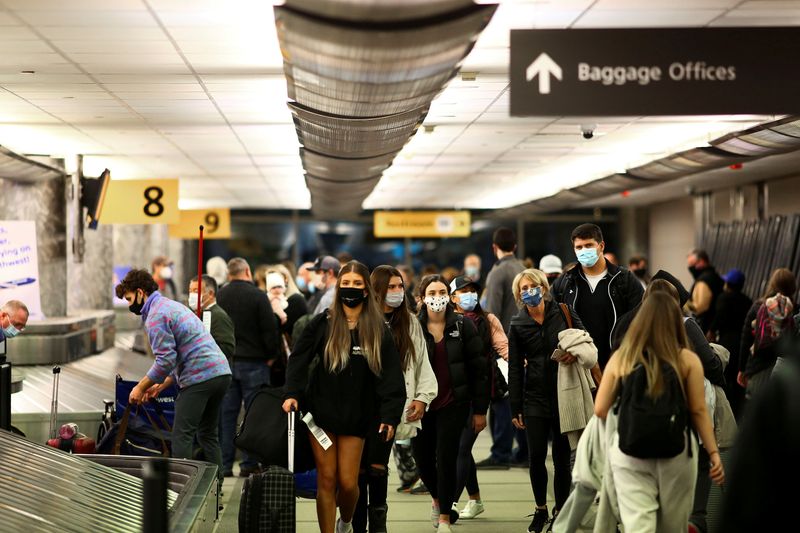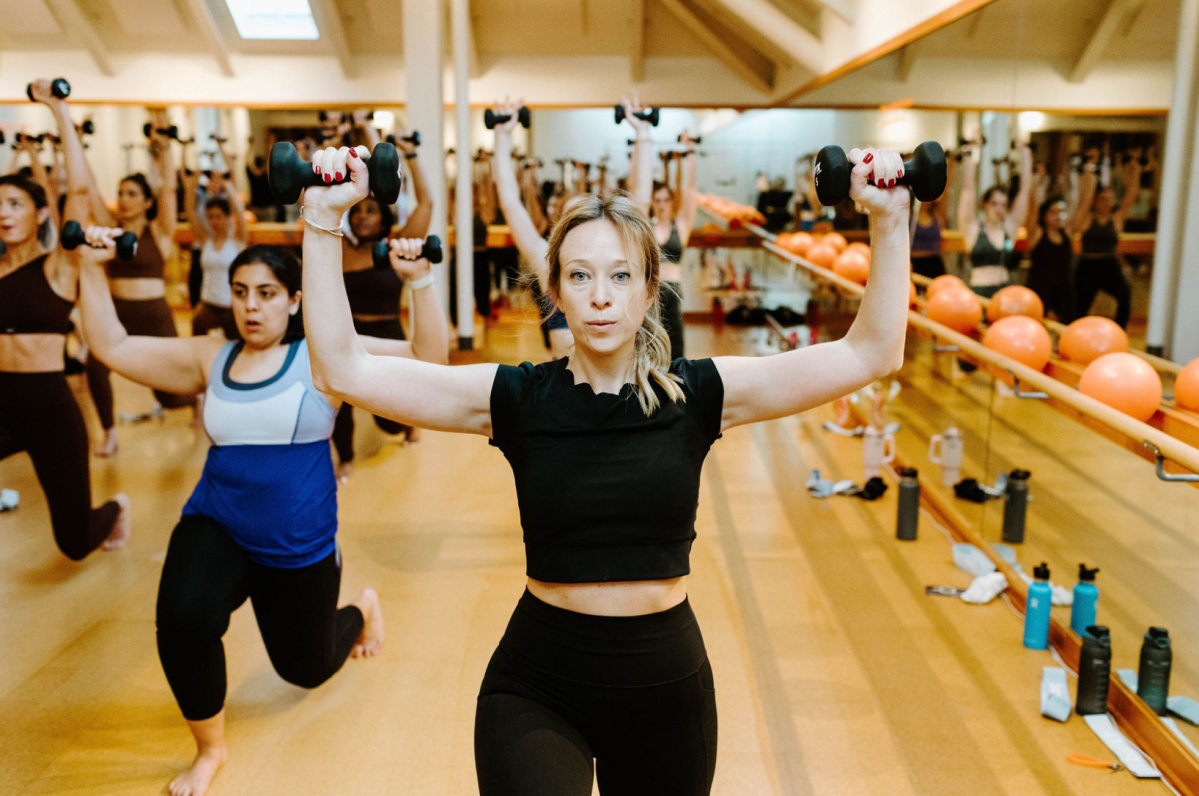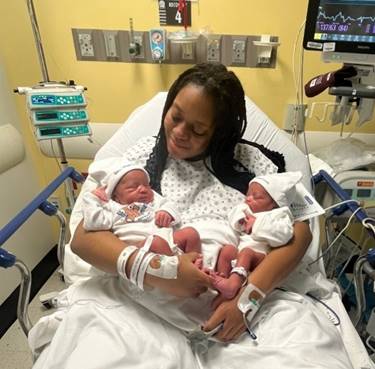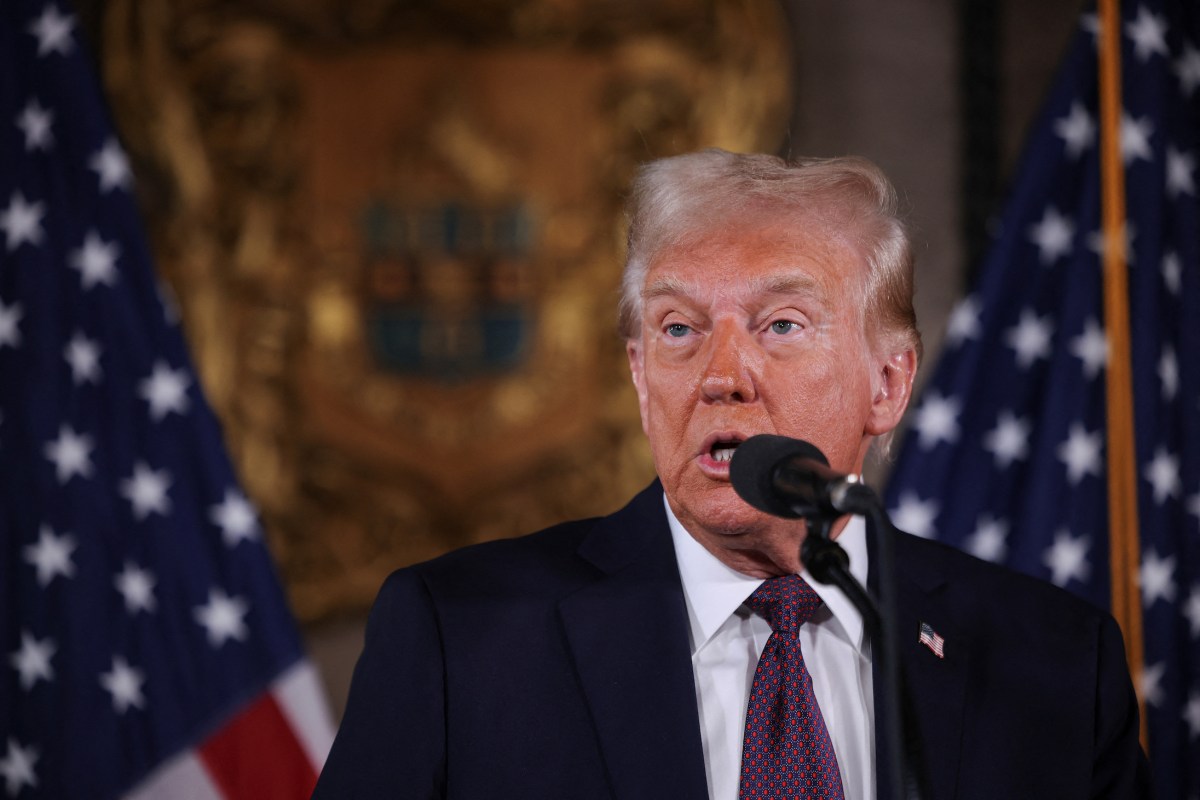(Reuters) – Here’s what you need to know about the coronavirus right now:
Australia’s most-populous state eases curbs
Australia’s New South Wales (NSW) state will ease social distancing restrictions and remove requirements for companies to allow employees to work from home after recording nearly three weeks without any local transmission of COVID-19, Premier Gladys Berejiklian said on Wednesday.
In contrast to many other parts of the world imposing tougher rules to slow a resurgent spread of the virus, Australian states and territories have in recent weeks begun to ease nearly all restrictions. That has provided a huge boost to the country’s ailing economy heading into the busy, pre-Christmas season.
Berejiklian said the changes would see more people on public transport, and the state would consider fining people who did not wear a mask while travelling on buses, trains and ferries.
Australia’s second most populous state, Victoria, also recorded no cases of COVID-19 in the past 24 hours. Victoria state, where 90% of the country’s deaths related to the virus have occurred, has now gone 25 consecutive days without any infections detected.
U.S. CDC may shorten COVID-19 quarantine period guidelines
The U.S. Centers for Disease Control and Prevention may soon shorten the length of self-quarantine period recommended after potential exposure to the coronavirus, a top official said on Tuesday.
Health authorities currently recommend a 14-day quarantine in order to curb transmission of the virus but an official said Tuesday that there is evidence that the period could be shortened if patients are tested for the virus during their quarantine. He did not say what the duration of a shorter quarantine period might be.
The Wall Street Journal reported on Tuesday that the new quarantine period would likely be between seven and 10 days and include a test to prove that the person no longer has COVID-19, citing a CDC official.
Singapore nearly virus-free
Having once had the highest COVID-19 rate in Southeast Asia, Singapore has all but eradicated the virus after reporting 14 days without any new local cases on Tuesday, and saying it had snuffed out the last cluster of infection at a worker dormitory.
While Singapore has reported zero local cases for two weeks, there has been a trickle of infected people arriving from abroad who have been immediately isolated, authorities say.
The vast majority of Singapore’s cases occurred in cramped dormitories for young, low-wage labourers, mainly from Bangladesh, India and China. Authorities imposed strict quarantines at the facilities, drawing criticism from human rights groups. But it still took many months to stifle the clusters there even as cases in the broader community stayed low.
Officials urge Americans to stay home over holiday
U.S. health officials and politicians pleaded with Americans on Tuesday to stay at home over the Thanksgiving holiday and abide by constraints placed on social and economic life as record coronavirus caseloads pushed hospitals to their limits.
After pounding big U.S. cities in the spring, COVID-19 now has engulfed rural and small-town America. According to Reuters’ interviews with more than a dozen medical care providers and public health officials in the nation’s heartland, many hospitals are severely lacking in beds, equipment and – most critically – clinical staff, including specialists and nurses.
As cases spike in many conservative states and counties, medical workers say they often face a challenge just in convincing patients and local leaders that the disease should be taken seriously and isn’t a Democrat-perpetuated hoax. Hospital leaders described demoralization among staffers struggling to reckon with overwork, grief and death.
(Compiled by Karishma Singh; Editing by Ana Nicolaci da Costa)























